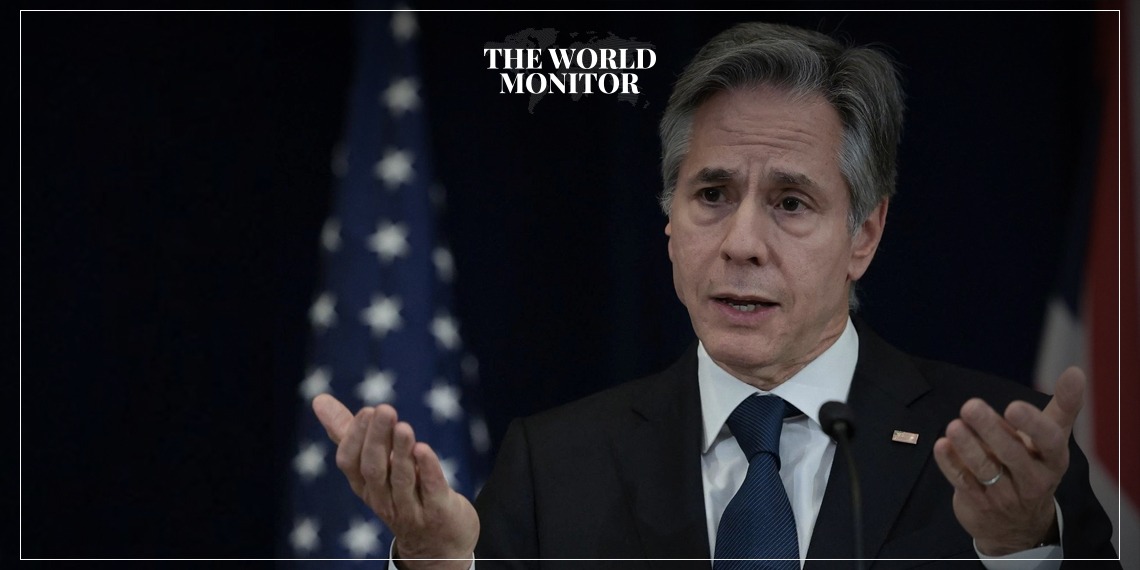The US government is pushing economic arguments to rally support for providing more aid to Kyiv, in the face of significant political resistance to offering additional assistance to Ukraine, according to the German News Agency. U.S. Secretary of State Antony Blinken, following his meeting with his British counterpart David Cameron in Washington yesterday (Thursday), stated: “Looking at the investments we have made in Ukrainian defense to deal with this aggression, 90 percent of the security assistance we have provided has already been spent here in the United States with our manufacturing companies.” Blinken emphasized that this has “created more American jobs and more growth within our economy.”
Moreover, the US Secretary of State added that this is in addition to the importance of supporting Kyiv in terms of global politics and U.S. national security. It is noteworthy that the United States is the most significant military supporter of Ukraine in its defense against the Russian invasion. Since the beginning of the war in February 2022, the United States has provided billions of dollars in military assistance to Kyiv. However, providing more aid is hindered by internal political conflict between Democrats and Republicans in Congress. Many Republicans express doubts about supporting Ukraine or reject it entirely. Again, the recently approved transitional budget does not include new funds for Ukraine. During his visit, Cameron also made a strong appeal for more American aid to Ukraine, stating that he does not want to interfere in U.S. domestic politics but is only presenting motivations he considers important “as a friend of America and a friend of Ukraine.”
The ongoing conflict between Ukraine and Russia has placed the United States in a pivotal role, balancing international responsibilities and internal political dynamics. The U.S. government, under the Biden administration, has consistently shown support for Ukraine, aligning with its foreign policy objectives of promoting democracy and countering Russian aggression. This stance, however, has stirred debates within the country, particularly in the Congress, where bipartisan consensus is often crucial for foreign policy decisions.






